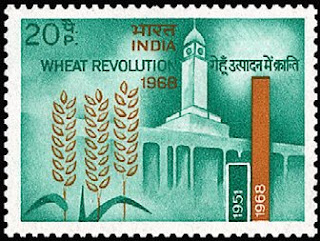Rabindranath Tagore (1861–1941) was a prolific Indian poet, philosopher, musician, writer, and artist who left an indelible mark on the world of literature and culture. Born on May 7, 1861, in Calcutta (now Kolkata), India, he was a polymath and a visionary whose creative genius transcended boundaries and continues to inspire people globally.
Tagore came from a distinguished family and was exposed to a rich cultural and intellectual environment from an early age. He is perhaps best known for becoming the first non-European to be awarded the Nobel Prize in Literature, which he received in 1913 for his collection of poems titled "Gitanjali" (Song Offerings). His poetry, characterized by its lyrical beauty and spiritual depth, resonated with readers around the world and earned him international acclaim.
Beyond his poetry, Tagore was a versatile artist who excelled in various creative disciplines. He composed thousands of songs, which are an integral part of the Indian musical tradition. His compositions, known as Rabindra Sangeet, reflect a deep connection to nature, love, and the human experience. He also wrote plays, essays, short stories, and novels that explored a wide range of themes, from social issues to spirituality.
Tagore's influence extended beyond his literary and artistic contributions. He was a philosopher and a thinker who championed humanism, universalism, and a synthesis of Eastern and Western thought. He emphasized the importance of education and believed in the transformative power of knowledge and creativity. Tagore founded the Visva-Bharati University in Santiniketan, which aimed to provide a holistic education that combined traditional Indian values with modern ideals.
Throughout his life, Rabindranath Tagore was an advocate for social reform, advocating against British colonial rule and addressing issues such as inequality, poverty, and cultural revival. He used his creative works to challenge societal norms and to inspire people to strive for a better world.
Tagore's legacy continues to be celebrated through his literary works, music, and educational philosophy. His contributions have left an enduring impact on Indian culture and literature, as well as on the global literary landscape. Rabindranath Tagore passed away on August 7, 1941, but his ideas, creativity, and spirit remain alive through generations of admirers and those who continue to engage with his profound body of work.









